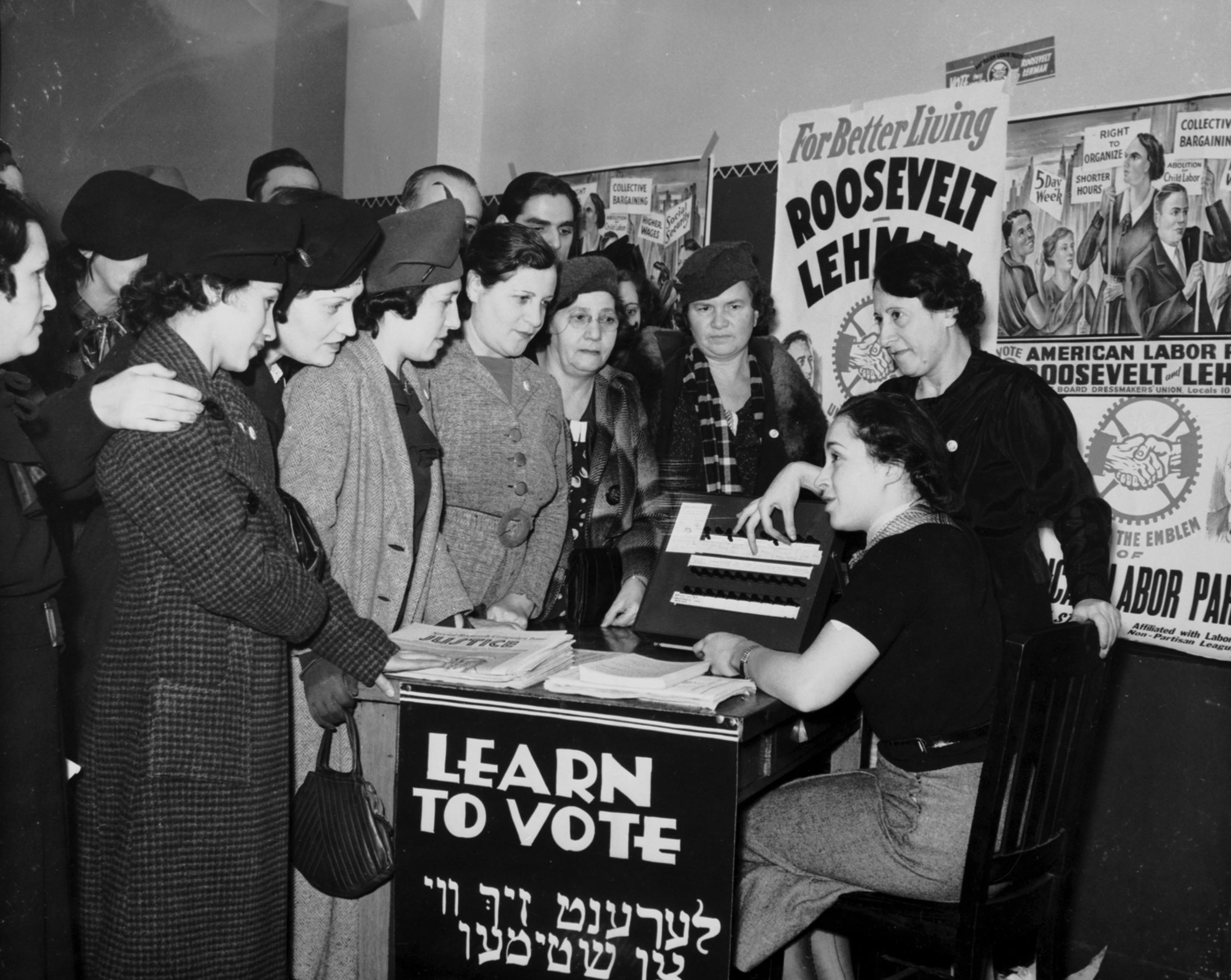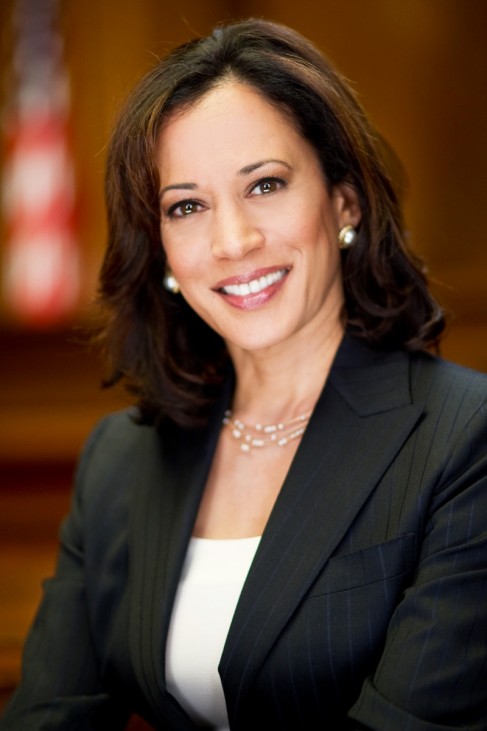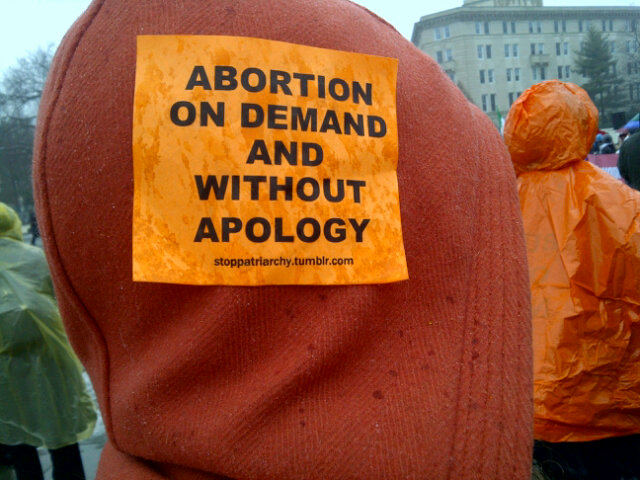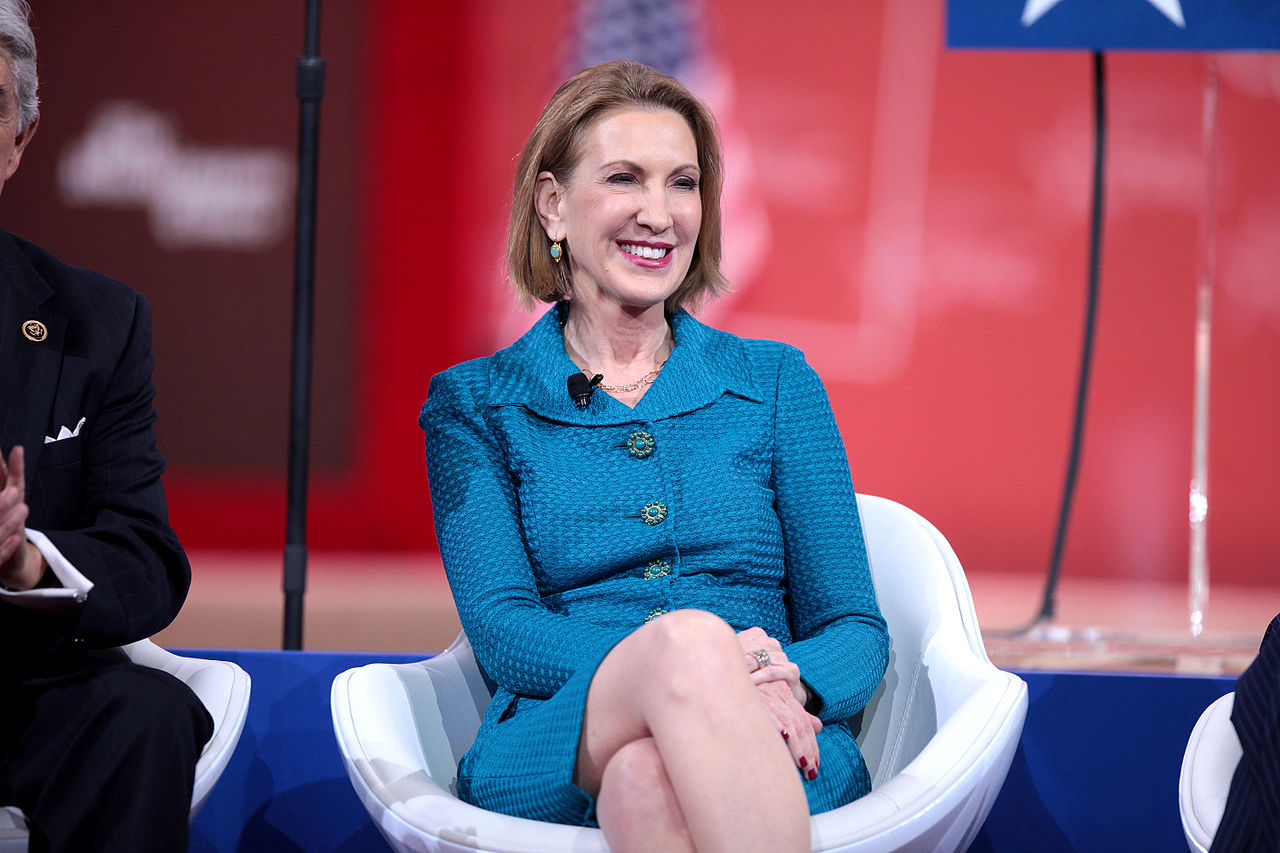Let’s Get Physical and Political
With the midterm elections approaching on November 4, the need to cast a ballot and raise your voice is more essential than ever. Voter turnout tends to decrease by almost 20% in midterm elections as opposed to presidential ones, especially among younger voters, Latino/a and Asian/Pacific Islanders, and the poor. On the other hand, turnout seems to remain consistent for eligible white and black voters who are above 30 years of age.
There is clearly something wrong with these statistics. They are skewed, not representing the very same people who are affected most directly and overtly by the election results, whether it be a gubernatorial change or new legislation.
Therefore, it is absolutely crucial to vote in these midterm elections, since the candidates and their policies directly affect our day to day lives, whether it be in the form of education cuts, health care, or social change.
And as feminists, this duty to vote doubles, triples, hell it quadruples. Feminism (no matter how you define, view, or practice it) is at its core a political movement. And in order to stay political and effective, it needs to enact change, it needs to get involved.
Speaking in strictly binary terms, female voter turnout has been consistently and significantly higher than male voter turnout, in accordance with higher college attendance among females. So although women are getting out there and casting their votes, they’re not doing it in big enough numbers, especially when it comes to midterm elections.
Partly inspired by this sad truth, partly by the surge in voter registration in Ferguson, and partly by Fox News’s rampant misogyny against young female voters, I decided to roll up my sleeves and do some digging on the various candidates and the policies on the table.
This is a brief breakdown on where each person stands on issues pertaining to education, healthcare, and social justice. Read on, get inspired, get angry, and make a change. Let’s show Fox News that we, as young voters, can be both flirty and aware, we can check our Tinders and cast a ballot, we can get physical and political.
-
Jerry Brown (D) v. Neel Kashkari (R) for Governor :
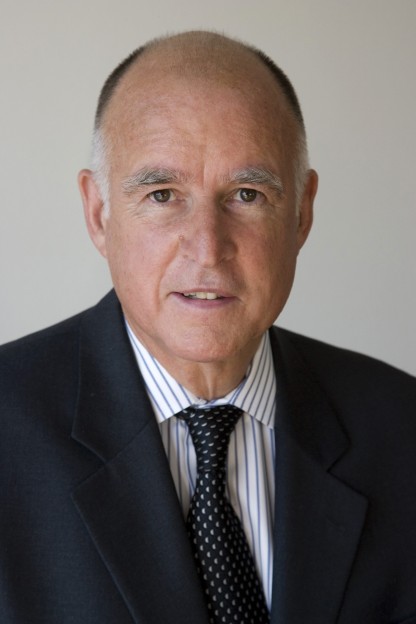
Current California Governor Jerry Brown is leading in the polls, mostly thanks to his 73% lead among Latino/a voters. Brown was able to turn around a $25 billion deficit into a $4.2 billion surplus by an increase in income tax in what The Economist called “California’s comeback.” While in office, he proposed a budget change in the K-12 system, allocating billions of dollars to districts with higher numbers of poor and ESL students. He also signed a bill allowing 15 community colleges to launch bachelor degree programs that would offer help to those who are unable to attend 4-year universities.
He is pro-gay-marriage, repealing California’s ban on same-sex marriage this summer, a bill that also replaced the terms “husband/wife” from the law with “spouse.” Within this month, he also signed a bill that would allow nurse practitioners and other non-physicians to perform abortions within the first trimester of pregnancy, thus increasing “access” to abortions.
Brown remains a steadfast and idiotic proponent of the “war on drugs” policy, however. He is unable or unwilling to see the racial discrimination inherent in the policy and has continually vetoed efforts to alter and correct the problems.
Neel Kashkari, on the other hand, is not your typical GOP candidate. Coming from immigrant Indian parents, he grew up bagging groceries and mowing lawns before pursuing a degree in finance and going on to work for Goldman Sachs.
It was here that Kashkari made his infamous $700 billion budget bailout/rescue program for the banks. In light of such rescue, Kashkari’s criticism of California’s “wasteful spending” seems flimsy, even laughable.
Let’s cut the guy some slack, though, since he is attempting to lighten the dreary image that has been the GOP in California.
He is pro-gay-marriage, pro-choice, and supports stricter gun control.
He even “went homeless” for a week, sleeping on park benches and shelters in Fresno. He sounded somehow surprised that he couldn’t find a job, declaring that the state of homelessness in California must change. Well, no shit, Kashkari. They’ve been saying that all along.
Here’s him filming his “experiment”:
-
Ron Nehring (R) v. Gavin Newsom (D) for Lt. Governor:
Although it is commonly agreed upon that the position of Lieutenant Governor is probably as useless as an old MS paperclip, if not more, Nehring and Newsom are adorably enthusiastic about the whole thing. So let’s humor them, shall we?
Former chair of the California GOP, Nehring is your good ol’ tough-on-crime Republican who is a vociferous proponent of the second amendment as it adheres to “public safety” (although from what exactly, we’re not really sure). He is also opposed to the recent tax increases for the wealthy (those making +$1 million), believing them to be unfair.
He does have some interesting suggestions for education reform, however, such as reforming existing tenure laws so unqualified or bad teachers are dismissed in a speedier process and assigning a wider range of options when it comes to choosing schools, i.e. getting rid of zip code/district limits.
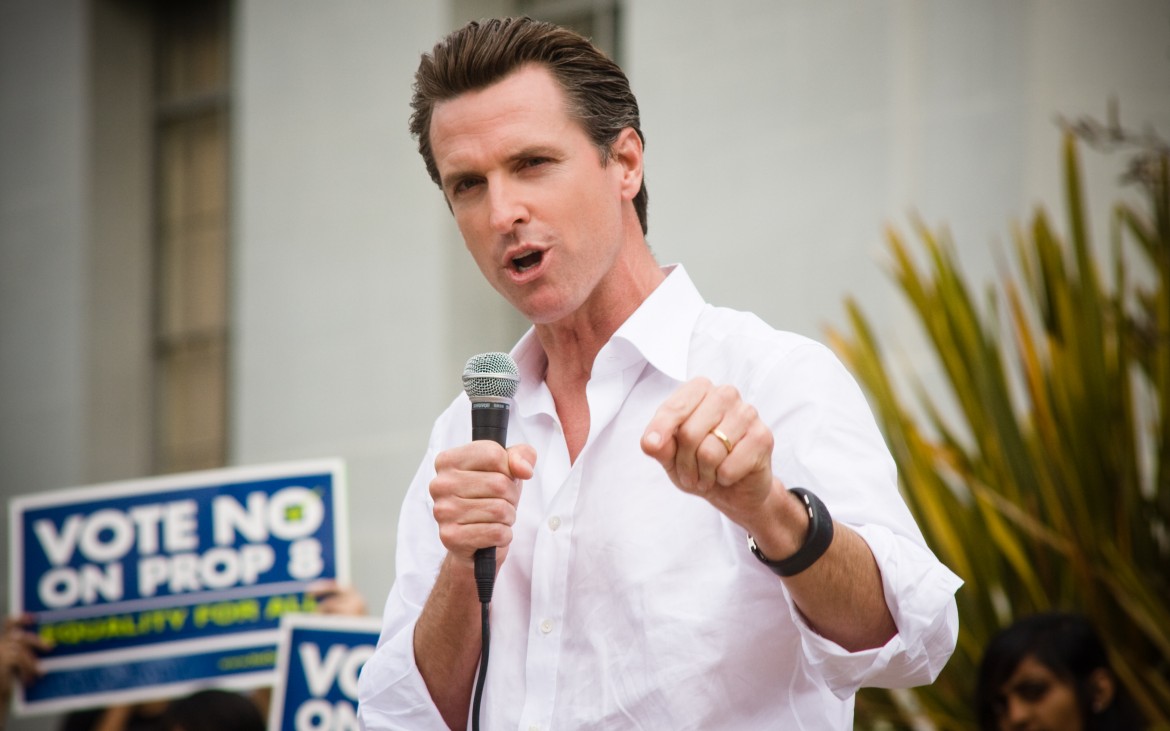
Gavin Newsom, on the other hand, focuses more on higher education and alleviating student debts. Newsom, the former mayor of San Francisco, comes off as a Beatnik guru of sorts, advocating for clean energy initiatives and the legalization of marijuana, which stems into his pretty awesome policy of providing treatment, counseling, and overall rehabilitation to non-violent drug-offenders, as opposed to indicting and incarcerating them.
-
Ron Gold (R) v. Kamala Harris (D) for Attorney General:
Republican candidate Ron Gold seems to enjoy the occasional sass and facepalming pun with mottos like “Common Sense. At Last” and “California’s New Gold Rush.” He is also a loud proponent of marijuana legalization in California and focuses exclusively on white-collar crime, especially corporation fraud. He is also in support of legislation allowing undocumented immigrants to stay and work in the U.S., although he remains elusive on specifics and believes the border must be secured.
What’s most problematic, however, is the not so subtle misogyny lurking in his campaign’s press releases against his opponent Kamala Harris.
Accusing the attorney general of “charming her way out of answering questions” by being flirtatious and dismissive, one press release asks, “What’s not to love about this beautiful woman?” sexualizing Harris’s every move and gesture to alarming rates in order to dismiss her ideas.
Patriarchy at it’s best.
Harris’s campaign, on the other hand, focuses on marriage equality, environmental issues, and most importantly, human trafficking. As attorney general, Harris organized a conference to combat what has been the excuse of “gay-transgender panic defence,” used to justify hate crimes against members of the LGBTQ* community. This conference took place after the brutal deaths of Gwen Araujo and Matthew Shepherd. Harris also set up a Youth Anti-Hate Crime Program, geared towards educating high school students on and prevention of hate crimes.
-
Alex Padilla (D) v. Pete Peterson (R) for Secretary of State:
Padilla is the current secretary of state for the 20th district, whose legislative resume contains such kickass bills concerning genetic privacy and mental health education in K-12 classrooms (here is a full list of all his proposed policies). He also focuses on increasing voter registration and participation by expanding civic education in classrooms and utilizing social media. He also vows to make it easier to start up new businesses.
Pete Peterson seems to have an almost identical platform, so this one might boil down to mere experience.
Most Relevant Propositions:
Prop. 46: Drug and Alcohol Testing
A Yes would mean:
The cap on medical malpractice lawsuits would increase from $250,000 to $1.1 million (which would then be adjusted annually for inflation).
It would also mean that healthcare providers would be required to check a statewide database for information prior to prescription. Lastly, hospitals would be allowed to test certain doctors and physicians for drugs/alcohol.
Prop. 47: Criminal Sentences
A Yes would mean:
Certain nonviolent offenders with drug and property crimes would get shorter terms in jails rather than federal prisons. This is to combat prison overcrowding.
The money saved from this move would go to school programs regarding truancy and dropout prevention, victim services, and mental health and drug abuse treatment programs.
This was just a very brief breakdown of some of the most prominent candidates and issues in this upcoming midterm elections. Our democratic voting system, as problematic and limiting as it can be, is one of the primary methods of fighting against and changing the structure of the patriarchy.
So make sure you get yourself to the booths or cast those absentee ballots through the mail. Get your voice heard.

